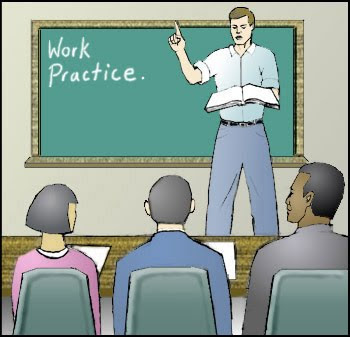

When we believe that a future state or event is certain to occur, we use will or won't:
 |  |  | I'll be working on this report all afternoon. |
 |  |  | We won't be back in until tomorrow. |
When we deduce that a future state or event is the most logical or rational outcome, we use must or can't/couldn't:
 |  |  | You must be joking! That's just totally illogical! |
 |  |  | You can't be serious! That's just totally illogical! |
 |  |  | He couldn't be there now, surely. He always leaves at 4.30. |
When we want something to happen, and it is reasonable to expect it to, we use should or shouldn't:
 |  |  | We should be able to go to Spain next holidays if we keep saving at this rate. |
 |  |  | It shouldn't take us long to clean up this mess if we all help. |
When we wish to express the something will possibly happen, we use may or may not:
 |  |  | We may go to the party - we haven't quite decided yet. |
 |  |  | You may not be able to get in if you turn up at the last minute. |
When we want to express that something will possibly happen, but we are less certain, we use might/could or mightn't:
 |  |  | He might be at home, but he usually goes shopping on Saturday morning. |
 |  |  | He could be at home, but he usually goes shopping on Saturday morning. |
 |  |  | She mightn't be able to come - her mother's very ill. |
Note that couldn't is not used in this way, but rather expresses a greater degree of certainty (see must or can't/couldn't above).
All of these modal verbs can also be used to talk about degrees of certainty in the past. Once more, will or won't expresses the most certainty, and might/could or mightn't the least certainty.
 |  |  | That will have been Ted you saw - he's seven feet tall. |
 |  |  | It won't have been Sue you saw - she's blonde and is five feet tall. |
Notice that would and wouldn't can be used in the same way as will and would here:
 |  |  | That would have been Ted you saw - he's seven feet tall. |
 |  |  | It wouldn't have been Sue you saw - she's blonde and is five feet tall. |
 |  |  | That must have been fun - you love dancing, don't you? |
 |  |  | It can't/couldn't have been much fun out on the boat - there were gale-force wind, I hear. (See grammar definitions). |
 |  |  | Where can they be? They should have been here a long time ago. |
 |  |  | Where can they be? They shouldn't have taken this long. |
 |  |  | She may have dropped by - we were out all morning. |
 |  |  | She may not have been able to see properly in the heavy rain. |
 |  |  | He might have had an accident! |
 |  |  | She mightn't have even known we were going to be here. |









